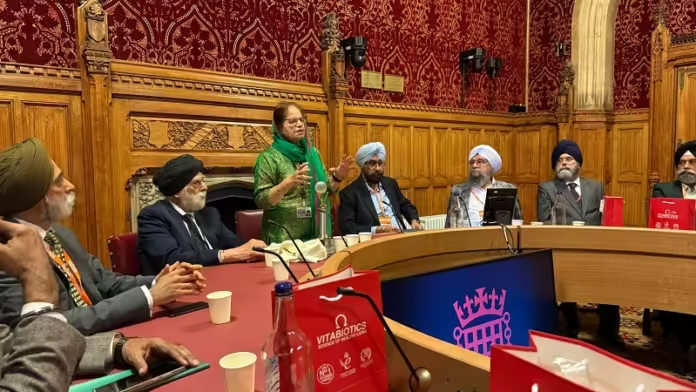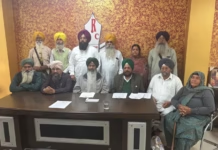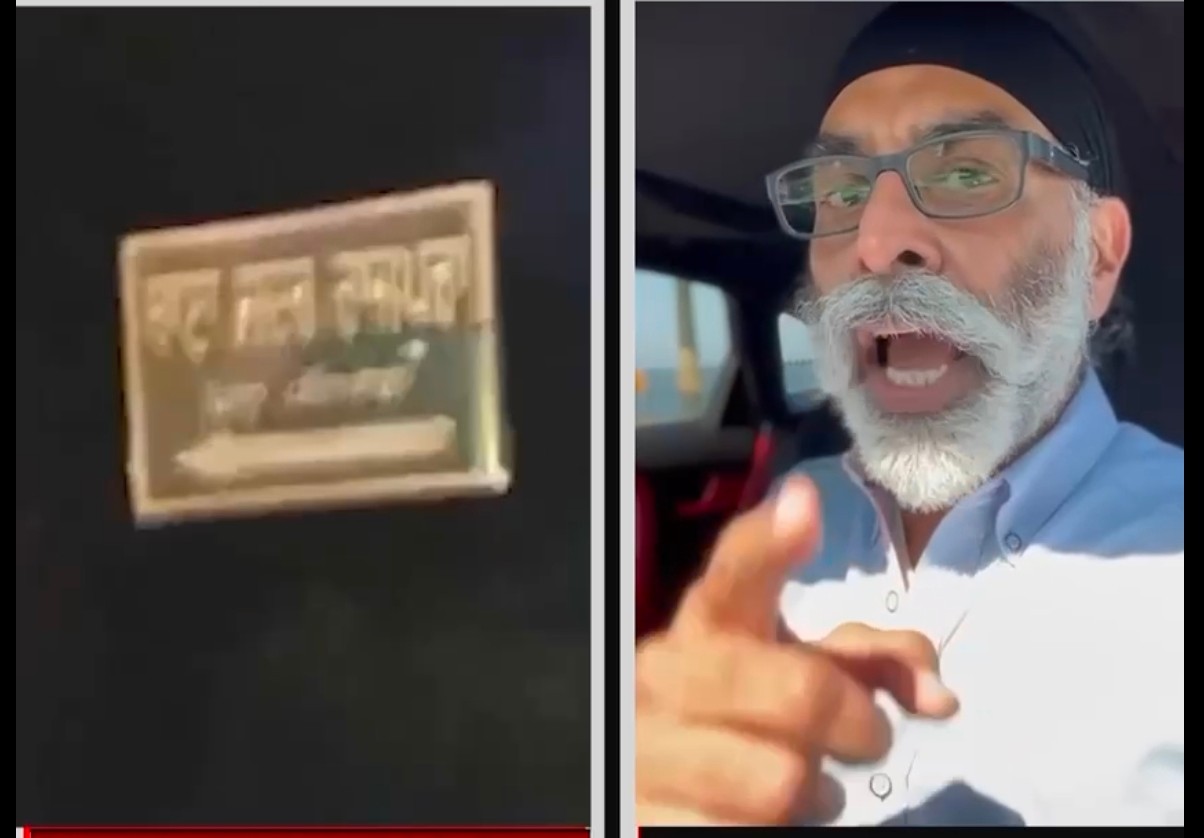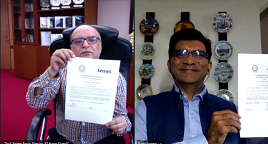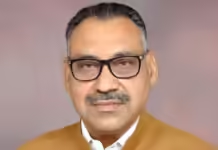Global Sikh Council calls for an end to govt involvement in running of two historic Takhats
Bahadurjeet Singh/Chandigarh, October 25, 2024
The Global Sikh Council (GSC), representing 31 national-level Sikh organizations worldwide, has unanimously passed a resolution to free two of the Sikh temporal seats, Takht Sri Patna Sahib in Bihar and Takht Sri Hazur Sahib in Maharashtra, from government control with the active participation of local Sikh sangat and Gurdwara committees.
This resolution was passed during the annual general meeting of the GSC held at London under the chairmanship of Lady Singh Kanwaljit Kaur, OBE. Highlighting the shortcomings according to the ‘Sikh Maryada’, the GSC president pointed out that religious practices being followed at both the Takhats, violate fundamental Sikh tenets. Besides, the Sikhs appointed to the committees of both the Takhats and the board members, have very little say in the governance of the Takhats and over religious worship practices.
While presenting his research paper, chairman of GSC legal affairs committee, Jagir Singh from Malaysia highlighted that both the above said Takhats are currently being governed by 70 years old outdated laws – the Patna Sahib Constitution and bylaws of 1957 and the Nanded Sikh Gurdwara Sachkhand Sri Hazur Apchalnagar Sahib Act of 1956. These archaic legislations allow excessive government interference in the religious and administrative affairs of Takhats.
Emphasising to immediately amend the prevalent legislations according to the wishes of Sikh sangat, he informed that after the martyrdom of Baba Banda Singh Bahadur in 1716, these two Takhats had never remained under the control of Sikhs and these old laws and the obnoxious provisions are undermining Sikhs’ autonomy to administer the sacred Gurdwaras.
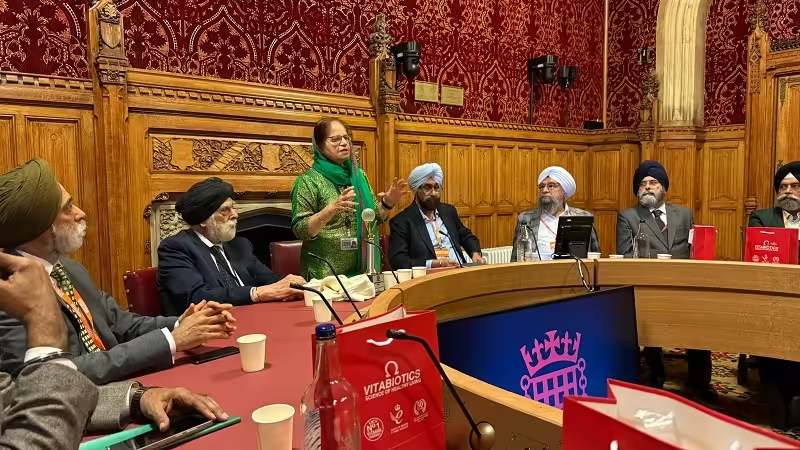
He categorically stated that the state intervention and judicial overreach in the administration of these religious institutions not only hinder the democratic process but also raise questions about the autonomy of these religious bodies.
The Council has rejected any proposed All India Sikh Gurdwara Act, calling instead for reforms that respect Sikh religious tenets and ensure greater autonomy in the governance of Sikh institutions by the local sangat.
The GSC has urged Sikhs worldwide to resist government interference and push for revisions to the East India era laws that return full control of Sikh affairs to the Sikh community as per the motive enshrined in the article 26 of the Indian constitution.
Among others present in the meeting included council advisor Lord Indarjit Singh of Wimbledon, member of House of Lords, Dr. Karminder Singh Dhillon from Indonesia, Paramjit Singh Bedi from USA, Dr. Jasbir Singh Puri from Ireland, Ram Singh Rathore, Harsharn Singh and Harjeet Singh Grewal from India, and Satnam Singh Poonia from UK and Kirandeep Kaur Sandhu from Nepal.

